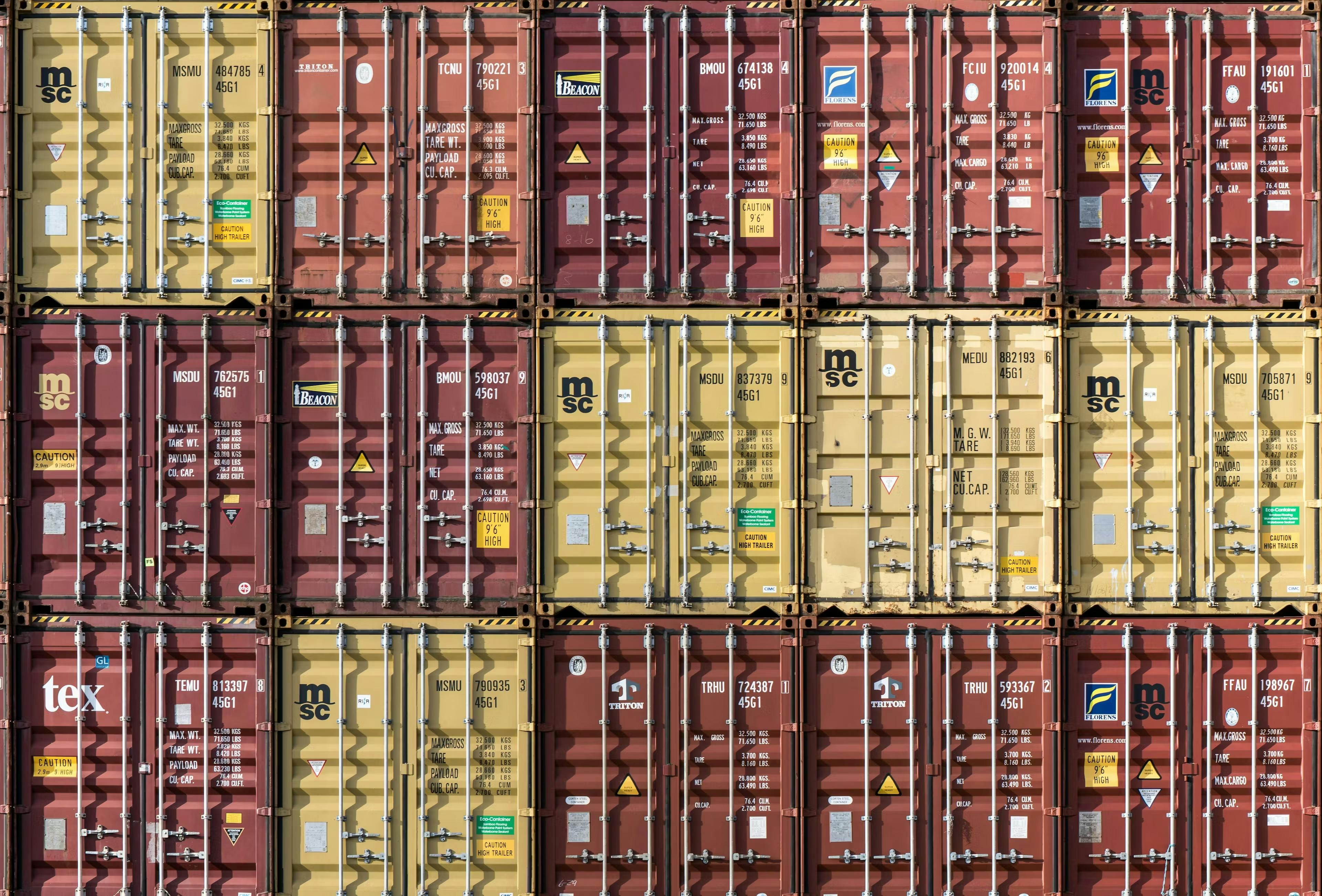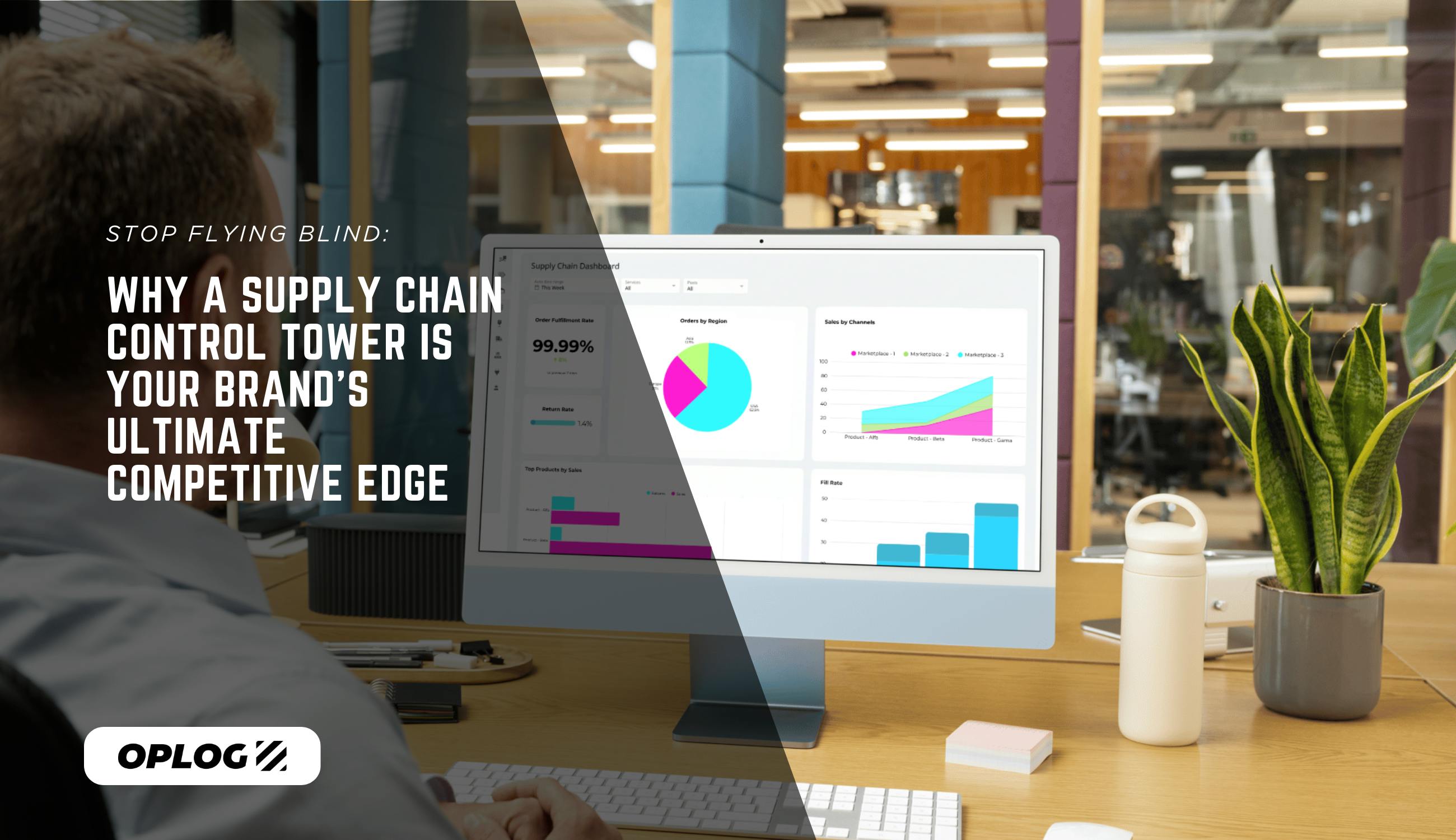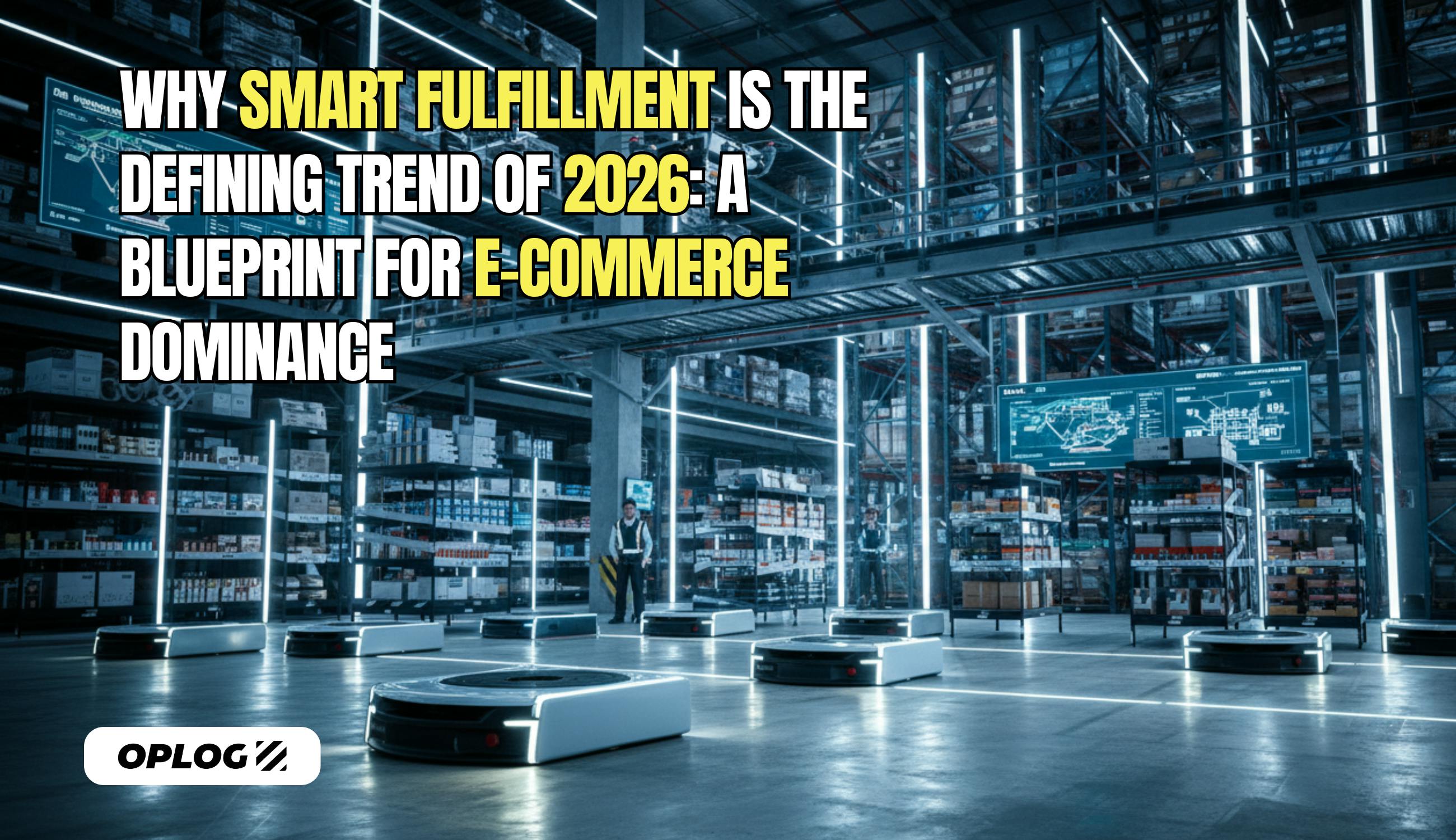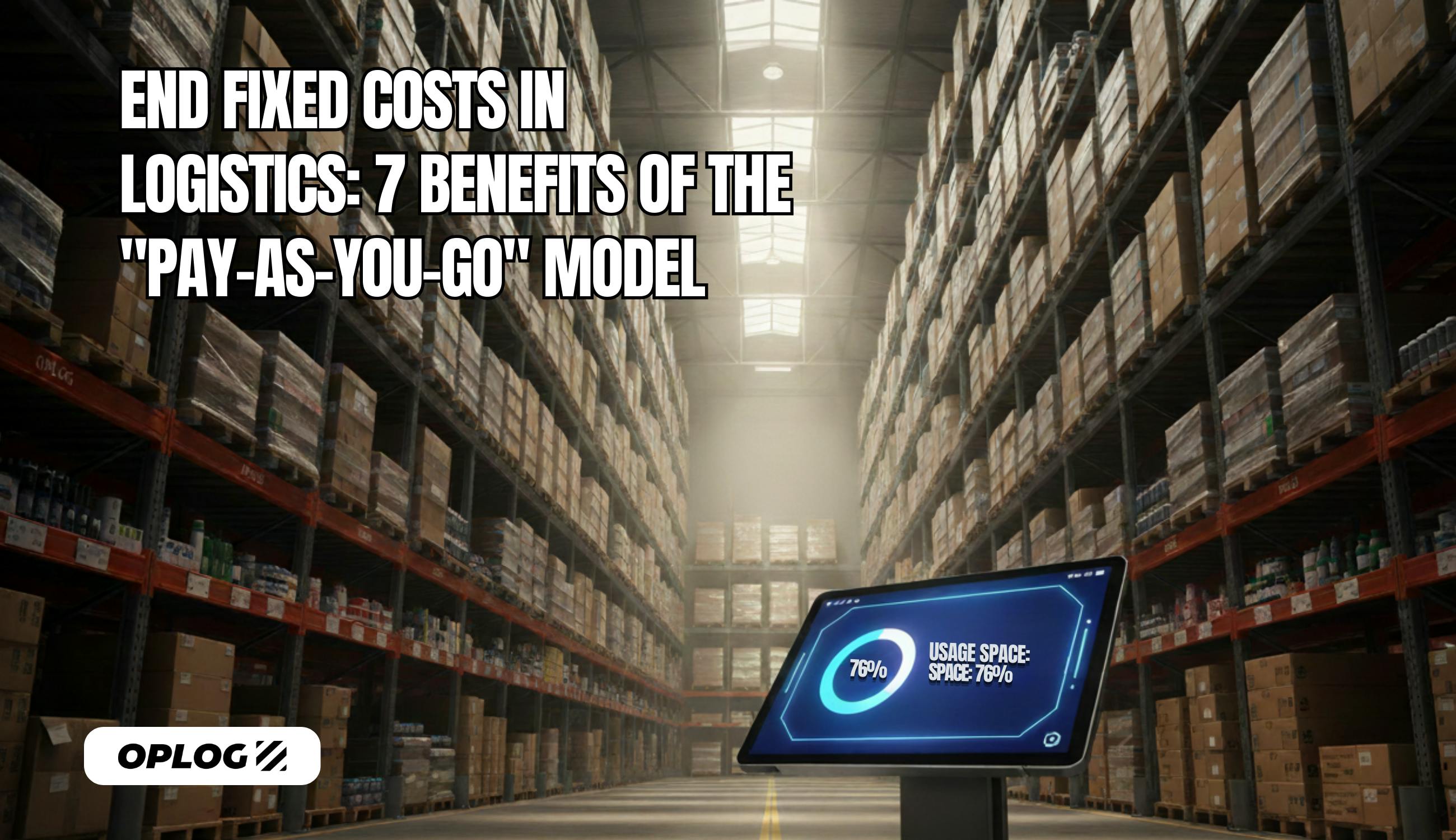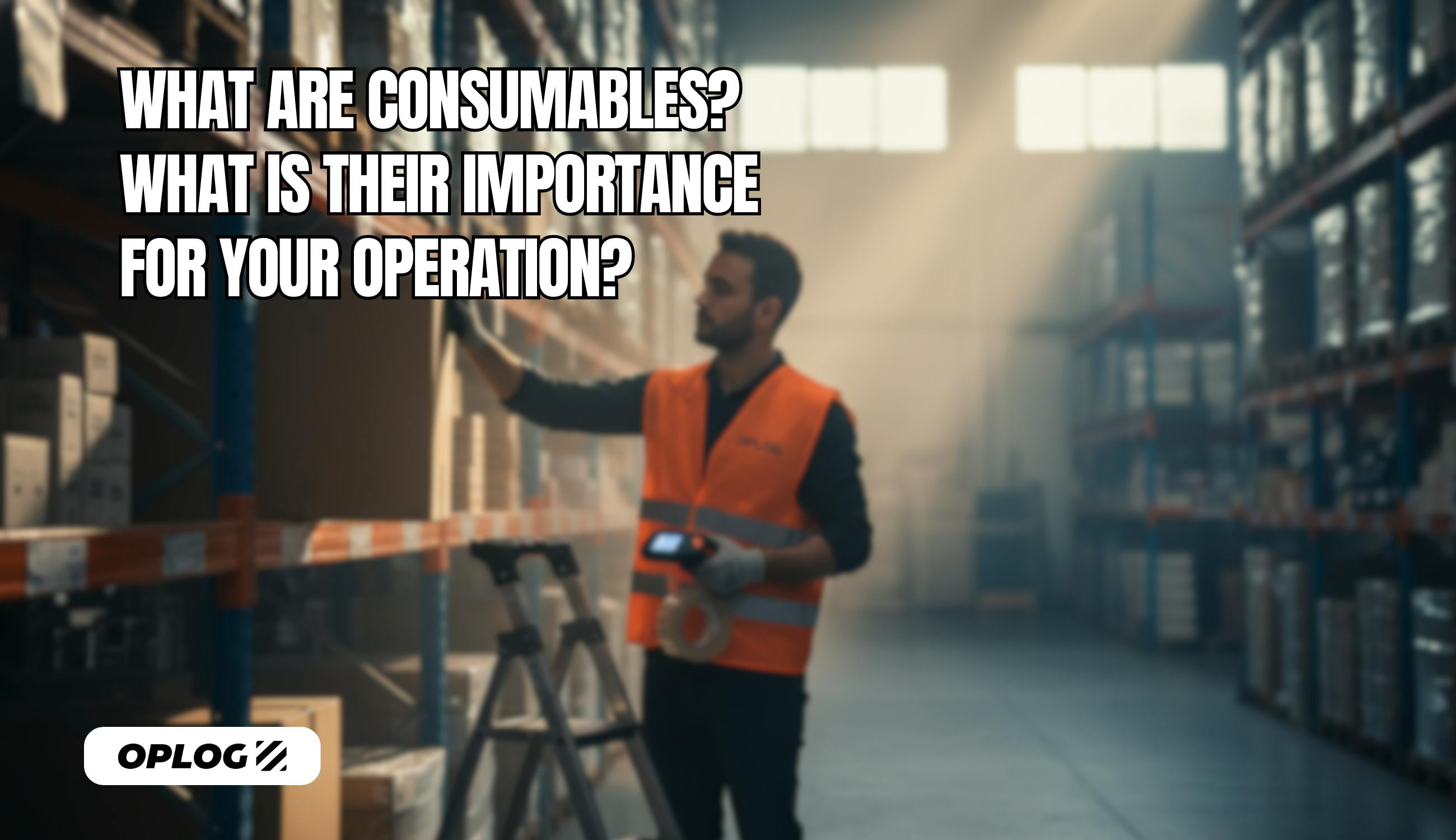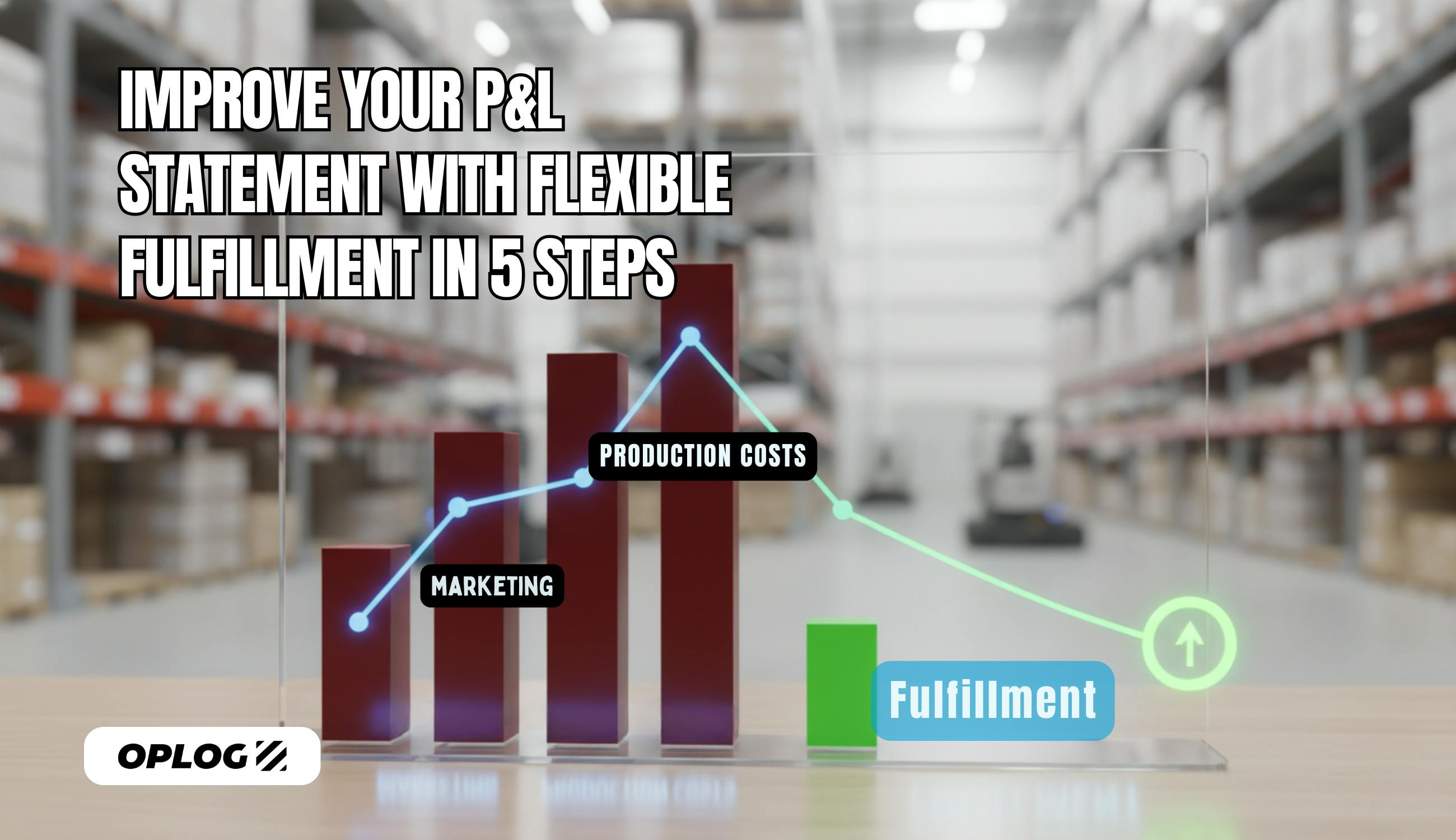What is B2B eCommerce Fulfilment?
B2B eCommerce fulfilment is the process of handling and delivering bulk orders to other businesses or retailers instead of individual consumers. It involves managing inventory, processing orders, and shipping products efficiently to ensure timely delivery.
As a B2B eCommerce business, understanding the fulfillment process is key to keeping your clients happy and maintaining good relationships. This guide will explain B2B fulfillment, highlighting the differences from B2C. We also share best practices and offer tips to cut costs.
B2B Fulfillment Process Explained
The B2B eCommerce fulfillment involves these steps to ensure accurate and efficient order delivery.
Step 1: Order Processing
Order processing starts when your client places an order. This step involves checking inventory levels to ensure the items are in stock and ready to be shipped. You also confirm the order details, such as product specifications, quantities, and delivery instructions. Once everything is verified, you prepare the order for the next stage, ensuring all necessary documentation is in place.
Step 2: Picking and Packing
During the picking process, items for the order are selected from your inventory. This requires accuracy to ensure the correct items are picked without any mistakes. Once picked, the items move to the packing stage.
The items are carefully packaged to prevent damage during transit. Proper labeling is essential to ensure the package reaches the correct destination. Packing slips and other necessary documentation are included to provide all required information to the carrier.
Step 3: Shipping
Once the items are packed, they are shipped to the client's location. Depending on the size, weight, and urgency of the order, different shipping methods may be used, such as freight for large orders or parcel services for smaller shipments.
Utilizing real-time tracking systems provides both you and your clients with updates on the shipment's status. This transparency helps in managing expectations and addressing any potential issues promptly.
Returns Management
Returns management is also an essential part of B2B fulfillment. When a customer returns a product, you need to process the return efficiently to maintain customer satisfaction. This process involves receiving the returned item and inspecting it for any damage or issues.
If the item is in good condition, it is restocked into your inventory. If not, it may be repaired, refurbished, or discarded according to your return policies. Effective returns management helps optimize your inventory and reduce losses.
B2B vs B2C eCommerce Fulfillment: Key Differences
There are four major differences between B2B and B2C eCommerce fulfillment. Understanding the unique challenges of B2B fulfillment is essential for optimizing your operations.
Order Volume
B2B transactions often involve larger order volumes compared to B2C as businesses tend to order in bulk. This impacts inventory management and warehouse operations by needing more storage space, better organization, and advanced systems to track and manage large quantities of products.
Order Frequency
B2B orders typically occur less frequently than B2C, where orders are smaller and more frequent. Your business clients might place monthly or quarterly orders, which require careful planning and coordination. This pattern means you need to be prepared for periodic surges in activity rather than a constant flow of smaller orders.
Shipping Methods
B2B eCommerce fulfillment typically involves more complex shipping logistics than B2C. Businesses may require specialized shipping options like freight, pallet shipments, or expedited deliveries. These methods are designed to handle larger, heavier, and more valuable shipments, ensuring they arrive safely and on time.
Regulations
B2B transactions are subject to different regulations than B2C. Compliance with industry-specific standards, import and export laws, and contractual obligations is critical. You will need to stay informed about these regulations to avoid legal issues for your business and ensure smooth international trade.
Costs
B2B fulfillment is often more expensive than B2C due to the complexity and scale of the operations involved. Handling bulk orders, specialized shipping, and strict compliance requirements contribute to higher costs. The need for advanced systems and infrastructure to manage large volumes and complex logistics further increases the expenses.
Best Practices for Successful B2B E-Commerce Fulfillment
Implementing best practices in B2B fulfillment ensures efficient operations and high customer satisfaction. We have some key areas to focus on to improve your fulfillment process.
Efficient Inventory Management
Efficient inventory management is crucial in B2B fulfillment. This involves maintaining optimal stock levels to meet client demand without overstocking to keep carrying costs low.
To optimize your inventory management, invest in advanced inventory management software. This will allow you to track inventory in real time, enabling better decision-making based on accurate data. It also helps with demand forecasting, preventing any stockouts that could impact your client satisfaction.
Advanced Order Tracking Systems
Advanced order tracking systems provide real-time updates on the status of orders. These systems can showcase what stage the order is in, whether it is currently being processed or out for delivery. This visibility allows you to quickly identify any delays or take action to address issues, ensuring a smoother fulfillment process.
You can also share the order tracking with your clients. This transparency helps clients stay informed about their orders, enhancing their satisfaction and trust in your service. It also reduces your need to communicate the status of the order with the client, allowing your team to focus on fulfilling orders on time.
H3Strong Supplier Relationships
Strong supplier relationships are essential to the success of your B2B fulfillment. Reliable suppliers ensure a steady flow of quality products, preventing any delays and stockouts that could impact your reputation. Good relationships can also lead to better terms, discounts, and priority service if you have an urgent order from a client, giving you a competitive edge.
To build strong supplier relationships, maintain consistent and clear communication with your suppliers. Pay your invoices on time and address any issues promptly to build trust and reliability. Regularly reviewing and discussing performance can also help you and your suppliers identify areas for improvement and strengthen your partnership.
Scalable Fulfillment Solutions
In B2B fulfillment, peak periods of demand require you to scale operations compromising on service quality. Being prepared for these fluctuations ensures your business can handle the increased demands smoothly.
Investing in flexible warehouse space that can expand according to your needs can help you scale during peak seasons. Implementing automation and advanced software systems can also help streamline processes to manage higher volumes with reduced risk of errors.
How To Reduce B2B Fulfillment Costs
One of the biggest challenges for B2B eCommerce fulfillment businesses is managing costs. High operational expenses, complex logistics, and large order volumes can quickly add up, impacting your bottom line. Keeping these costs under control is essential for maintaining profitability and staying competitive.
We have some tips to help you keep your costs low:
Consolidating Shipments
Consolidating shipments involves combining multiple orders into a single shipment. This allows you to take advantage of bulk shipping rates and minimize the number of shipments required. It can also increase your fulfillment efficiency, allowing you to improve your client’s experience whilst saving on expenses.
Automation
Automation involves using technology to streamline fulfillment processes. It can be applied at every step, from order processing and inventory management to picking, packing, and shipping. While the technology requires an initial investment, it can significantly reduce long-term costs by minimizing labor expenses and increasing efficiency.
Outsourcing
Outsourcing to a 3PL eCommerce fulfillment center comes with numerous cost-savings. You immediately cut your overhead costs, gain access to automation technology without the investment, and can improve shipping rates by utilizing the provider’s established networks. By using their expertise and infrastructure, you can reinvest the savings into expanding your business or improving your service.
Easy B2B eCommerce Fulfilment with OPLOG
At OPLOG, we specialize in providing efficient and reliable B2B eCommerce fulfillment services. Our end-to-end solutions streamline your fulfillment process and enhance your business operations. With access to advanced technology, we’re ready to scale to your needs.
Switch to OPLOG today so that we can start supporting your B2B eCommerce success.
FAQ
